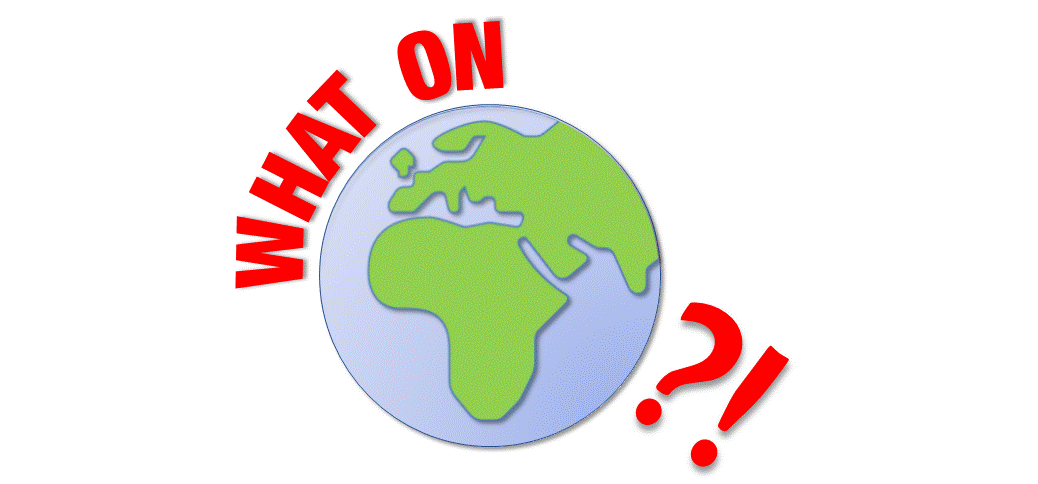Hello! So…it has been a while. Since Part 3, I finished my time as a visitor PhD at Aarhus University in Denmark and now that paper has been submitted for review (and is now available as a preprint…AND we have comments!), PhD work has been going well, just re-working on all my chapters and I am now a Teaching Fellow in Physical Geography at Newcastle University!
So back to the task at hand, Part 4 is based on a thread I did for the Minorities in STEM Twitter account back in April, and I am delighted to have guest bloggers throughout the month providing their perspectives on the diversity (or there lack of) in Earth Sciences to last the month…enjoy!
*
I will start by sharing this article about who has PhDs in Geology in the US…spoiler: it’s not very diverse in terms of ethnicity. When I read this article, I wanted to see if there are any similar stats for the UK. I found that there is, but it is not broken down into earth science let alone geology, which in my opinion presents a few problems. First problem is the data itself. There are a lot of countries that are classified as “Asian”. Same goes for generally grouping people by the continents. Each country is different, with different cultures, what qualifications/careers seen as “valuable”. Despite that, it does paint a not-very-diverse picture for UK universities: in 2015-2016, only 29 % of BME students were doing a full time first degree and the same group are less likely to achieve a 1st or 2:1.
It reminds me of the report that came out at the beginning of April about equality amongst UK universities: the University of Hull ranked first (woo!) and the Russell Group was not surprisingly at the bottom. Equality and diversity go hand in hand, sure you say you’re doing loads of outreach to encourage people from disadvantaged backgrounds to get interested in STEM but that doesn’t necessarily translate into them going to your university. There are so many factors.
I’m not saying I know all the reasons nor have solutions, but culture plays a big role BUT so does representation and visibility of how diverse STEM is. It goes beyond gender, when I mean diversity I mean ethnicity, sexuality, disabilities even your route into your career too. Just look how successful Black Panther was. I personally loved Shuri because she was literally a STEM princess! Now imagine how awesome it would be that other movies put the spotlight on other BAME STEM careers. It would be so awesome!
Back to the point: I have not found any solid data to see the ethnic diversity in UK earth science, particularly geology where I fall under. I’m serious when I say this: I can count on my hand who I know. If there are any more, PLEASE let me know!
The earth sciences are big on science communication and public engagement. I’m big on it and only wish I had more money and time to do more! Men and women in this field love to do it. Buuut ehhh…while having an increasing number of women in the field is great…there is a big lag in the other forms of diversity I talked about: ethnicity, sexuality, disabilities, career path and economic background. If we are serious in encouraging kids to take up STEM as careers, we need to be truly serious about the VISIBILITY of the representations.
We all have role models growing up right? TV shows/documentaries/movies that made you go: “I want to be like them one day” well…how about increase the visibility of the “other”? We’re everywhere! You just have to look! We’re all STEM nerds here, let us inspire!
The earth sciences in the UK are diverse in terms of men and women. In terms of other genders: nope. Sexuality? Yeah it’s getting there. Economic background, yes it’s on track. Ethnicity? Errrrmmmm….
This is where I’d love to see statistics on BAME earth science professionals here in the UK. Are we just that few? Or is there an issue of visibility here? Even in terms of retaining us in this field: is it like the women academic “leaky pipe” but worse for ethnic minorities? Diversity in all its forms only serves as good for science and the public. Of course, I am not saying that white people need to move out of the way, but instead, we need to stand shoulder to shoulder. If there are few of us minorities in earth science…then maybe ALL of us from all stages of STEM careers need to check ourselves, others, their institutions and truly come together to address the issue. Champion those who are doing awesome, help/mentor those who need help. And make all our diverse lives VISIBLE.
Maybe it’s my naivety and optimism. Maybe I’m just sick and tired of hearing the same stuff about “diversity” and it just sweeps ethnicity under the rug and nothing serious gets done about it. I’m an impatient person, so for me, actions speak louder than words. BE THE CHANGE! Following on from this, is nothing being done because we’re all just waiting for someone else to get the ball rolling? Can’t be bothered? Too much red tape? Do us minority folk really got to pull ALL the weight here? I have chronic fatigue folks, most days I’m too tired.
I will end this post by stating that, talking about addressing these issues is one thing, but actually taking action to improve the lack of UK earth science ethnic diversity is another thing. It’s a cultural, equality and educational issue that everyone needs to tackle.
Jazmin



